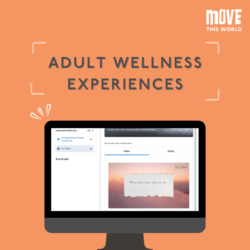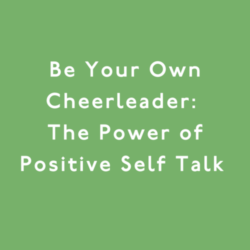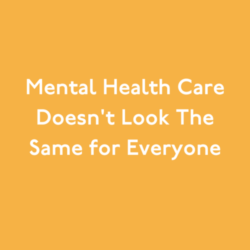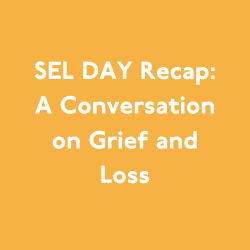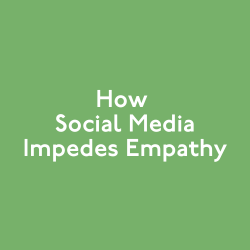
Photograph by Lynn Johnson
This is part four of our series on Brain Health based off an interview with Jeremy Richman, a neuro-pharmacologist who runs a foundation dedicated to preventing violence and building compassion through brain health research, community engagement, and education. We sat down with him to talk about what he has learned in his time studying the brain, what we can do to educate students about brain health and how we can help empower them to advocate for themselves and their peers when it comes to brain health and brain illnesses.
Last week we discussed the major warning signs of poor brain health: a change in demeanor or behavior that is affecting the happiness of a person or the happiness of those surrounding this person. Dr. Richman introduced what he describes as the “Live, Laugh, Love Equation” to determine when a change could be labeled as atypical. However, during rapid periods of development, it is completely natural and necessary for children to go through changes. As a matter of fact, there are certain skills, some of which fall under the social emotional learning umbrella, that children should be developing.
What characteristics should we see children develop?
“Generally speaking, the younger a person is, the more impulsive and narcissistic they are. It’s also difficult for very young children to be empathetic. It’s not that they lack empathy, but it’s difficult to recognize that someone else is suffering or struggling when you’ve had no similar experiences yourself. We really want to make sure children are developing these three things. We want children to build empathy, build self control, and understand that other people are just as important as they are.”
By recognizing that children should be developing empathy, impulse-control and moving away from narcissism, we naturally have three more warning signs to look for. If children are not developing within these areas, that might be an indication of a significant problem.
Research has shown that social emotional learning programs increase academic achievement, decrease suspensions, increase high school graduation rates and more. While this data is important, it’s also important not to get lost in the data. The mission of social emotional learning is to support students in developing self awareness, self management, social awareness, relationship skills and responsible decision making. Things like empathy and impulse control fall directly within these core competencies.
The link to self mastery
While kids are in school it’s common to hear a lot about test scores, academic achievement, and postsecondary success. At the end of the day, Dr. Richman agrees, “What we really want is successful and happy individuals.” He goes on to explain:
“Of course, if you want to be a physicist, you’ll need to study math. If you want to be a biologist, you’ll need to take biology. But to be successful and to be happy in life, that biology isn’t going to get you anywhere. What is going to get you somewhere, is emotional intelligence and self mastery.”
Dr. Richman went onto to share a number of correlations between self-mastery and future life success.
“Your perception of your own self-mastery can actually help us predict your success in terms of health, wealth and happiness. The higher your self-mastery perception during childhood, the less likely it is that you’re going to be incarcerated for any crime, the less likely you’re going to be addicted to alcohol. The higher your perception, the higher your credit score is, the higher your income is. It’s a perfect correlation. Higher emotional intelligence is also correlated with better parenting skills and a higher sense of satisfaction with life.”
It’s clear that strengthening emotional intelligence will not just lead to academic success but it will contribute to life success, and most importantly, happiness. Dr. Richman agrees:
“This is what we need to be teaching in schools. We need to be developing students’ ability to improve their mindset, acquire knowledge, and regulate their emotions.”
Want to learn more about implementing social emotional learning at your school?
Sign up for Move This World’s newsletter to stay up to date on social emotional learning.
Enter your email below!






